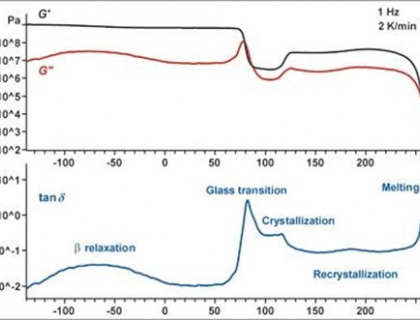There are many types of engineers, each with their own area of expertise and specialization. Here are some common types of engineers:
Aerospace Engineer: Design and develop aircraft, spacecraft, satellites, and missiles.
Chemical Engineer: Design and develop chemical processes and equipment used in manufacturing, as well as develop new products and materials.
Civil Engineer: Design and supervise the construction of buildings, bridges, roads, and other infrastructure.
Computer Engineer: Design and develop computer hardware and software, including microprocessors, circuit boards, and operating systems.
Electrical Engineer: Design and develop electrical systems and equipment, such as power generation and distribution systems, as well as electronic devices and communication systems.
Environmental Engineer: Design and develop solutions for environmental problems, such as air and water pollution, waste management, and renewable energy sources.
Industrial Engineer: Design and improve systems and processes used in manufacturing and other industries to increase efficiency and reduce costs.
Mechanical Engineer: Design and develop machines and mechanical systems, such as engines, robots, and manufacturing equipment.
Materials Engineer: Develop new materials and improve existing materials for use in manufacturing and other industries.
Software Engineer: Design and develop software applications, including computer games, business software, and mobile apps.
These are just a few examples of the many types of engineers that exist. Many engineers also specialize within these broad fields, such as a biomedical engineer within the field of mechanical engineering or a software engineer specializing in mobile app development.

Mechanical analyses refer to the study and characterization of the physical properties of materials or systems under mechanical stress, deformation or loading.
Read moreMechanical analyses refer to the testing or analysis of the mechanical properties and behavior of materials or structures under applied stress, deformation, or load.
Read more
Virtual reality (VR) is a technology that allows users to experience a computer-generated 3D environment as if they were present within it. In the context of design offices, VR can be used to enhance the design process by providing designers with an immersive, interactive, and collaborative environment in which to view and evaluate their designs.
Read more